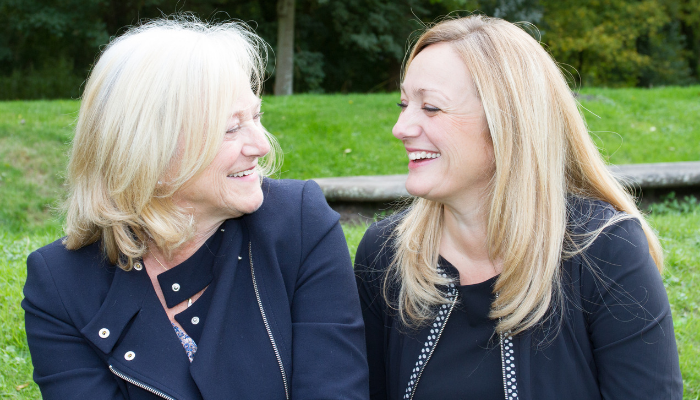Deciding on the right time to move someone you care for into assisted living is a deeply personal choice, and for many families, it can be a difficult conversation to initiate. The prospect of finding the perfect community — one that aligns with their care needs and their refined tastes — can feel overwhelming. These feelings can be compounded by their uncertainty and resistance at the prospect of leaving the comfort of a home filled with memories.
Yet, many who have made the transition to assisted living express that they wish they had taken the step sooner, appreciating the sense of security, care, and engagement that comes with moving to a senior community. If you're helping a friend or family member explore their next chapter, there are ways to ease the process, ensuring they receive not only the best care but also enjoy a more fulfilling lifestyle. In this blog, we'll share how to approach this important decision with empathy, sensitivity, and practicality.
Accepting Emotional Challenges
Perhaps the biggest challenge of moving someone in your care to an assisted living community is processing any negative emotions associated with the choice. You may be experiencing some of the following thoughts:
- “I should have them move in with me.”
- “I’m not ready for this. Assisted living seems so final.”
- “How will my friend or family member handle this change?”
While these thoughts are normal and expected, it is important to address them so you can make a more confident and informed decision together.
I should have them move in with me.
It's natural to feel concerned about the decision to have a loved one move to a new community rather than living with you. While living together may initially seem like the easiest or most comfortable choice, it's important to consider how this arrangement could impact your family dynamic and your overall well-being. How will you cope with an extra person in the house with a different schedule and needs? Is your home equipped for an older adult? More importantly, will the person in your care enjoy the change? It’s crucial to be honest in your assessment.
Remember, too, that If your friend or family member needs more care than you can provide, you might still have to move them in the future. Living together is often a temporary solution at best.
I’m not ready for this. Assisted living seems so final.
This concern often arises from a misunderstanding of what assisted living truly offers. Unlike a nursing home, an assisted living community is designed for independent adults who may need support with daily tasks. Most residents enjoy full lives with busy schedules and are often more engaged and active than when they lived alone.
It's important to acknowledge that your feelings about your friend or family member growing older are completely valid. Watching someone close to you navigate the changes that come with aging can be emotional. Embracing the idea that aging is a natural and positive part of life can offer some comfort, as can discussing your thoughts with others who understand.
How will my friend or family member handle this change?
You may feel guilty about asking a friend or family member to move from the comfort of their home to a new environment, surrounded by new people. Or maybe the thought of helping them downsize (see more on this below) is overwhelming.
Keep the lines of communication open and actively listen to their preferences — never assume you know what they truly want. Work together to develop a plan that feels right for both of you. Make a list of questions to research, visit several assisted living communities, and set a flexible timeline for the move. By remaining compassionate and receptive to their thoughts and feelings throughout the process, you're helping to minimize any potential discomfort they'll experience with the change.
Benefits of Assisted Living
Knowing the benefits of assisted living can help you understand what your friend or family member can gain with a move to assisted living. The benefits are numerous and may include the following:
- More time to do what you enjoy. Living in a community where you are free from worrying about home maintenance, cooking, or chores can be liberating. Residents can use their newfound time to participate in their favorite hobbies, socialize, focus on wellness, pursue new interests, or travel.
- Social opportunities. Assisted living communities allow residents to interact with their peers, many of whom share similar interests. Additionally, communities offer programming and excursions tailored to residents’ interests, making it easy for them to do what they enjoy.
- Peace of mind. With 24/7 support available and assistance they need with everyday tasks, your friend or family member can lead an independent lifestyle without fear – providing you both with peace of mind.
- Amenities under one roof. Assisted living communities offer amenities ranging from fitness centers and chef-prepared cuisine to on-site cinemas and salons. All the luxuries older adults enjoy are close at hand and easily accessible.
Explore luxury assisted living offerings in Manhattan >>
If the person in your care displays some hesitation about moving, choose a few benefits you know they would appreciate and discuss them together. Sometimes, showing that assisted living communities aren’t what they once were can be helpful.
Getting Started with Downsizing
Going through an entire home of belongings can seem like an insurmountable project, and this alone can prevent some people from planning to move to assisted living.
However, if you have both decided that assisted living is the right choice, there are strategies you can use to make the transition smoother.
- Hire a professional downsizing coordinator. These professionals have experience in the art of paring down a lifetime of possessions and coordinating a move when you’re ready. Check with the National Association of Senior Move Managers (NASMM) for a list of coordinators in your area.
- Frame the process as “rightsizing.” After all, you’re letting go of possessions you no longer want or need and keeping what matters. Assure your friend or family member that their new home will have plenty of space for what they treasure most.
- Share things you no longer need with others. Local charities appreciate and need donations of clothing, furniture, housewares, and more, so consider researching organizations that accept donations and are particularly meaningful to the person in your care.
Discover additional tips for moving into an upscale senior living community >>
What to Look For in an Assisted Living Community
Now that you’ve addressed some of the up-front challenges of moving to assisted living, you can begin to look for specific communities. Use search terms like "assisted living in Manhattan" to find nearby options, and ask for recommendations from friends and family members. Read the reviews, visit the websites, and look through the photo galleries.
Once you’ve found a few options that seem to meet your friend or family member’s lifestyle and care needs, arrange a tour of the community. Ask to participate in a program and stay for a meal in the dining room. This will help you to get a more true picture of what life in the community is like.
During your appointment, observe and ask questions like these:
Observe:
- Do the residents seem happy and engaged?
- Are there programs going on? Are you given a calendar of upcoming events?
- Do the suites or apartments you’re shown match your expectations?
- What is the food like? If possible, try to join the community for a meal to taste it yourself.
Ask:
- What amenities are available?
- What kind of training do team members receive?
- Are there cultural and social opportunities nearby?
- What are the contract and payment options? Be sure you fully understand this aspect of the community.
View additional questions to ask when touring assisted living here >>
After you have absorbed all of the information and seen the community, you should be able to answer one of the most important questions for yourself: Could you see the person in your care living there? Additionally, can your friend or family member see themselves living there?
This list is simply a starting point, as it’s essential to use your own judgment when choosing a community that’s best for your friend or family member. Go with your instinct; if a community looks perfect on paper but doesn’t seem right in person, it’s okay to look elsewhere.
What 305 West End Assisted Living Offers
At 305 West End Assisted Living, residents experience the highest standard of care coupled with luxurious amenities for a distinctively sophisticated lifestyle.
Located on the Upper West Side of Manhattan and close to iconic sites like the Beacon Theatre, Central Park, and the American Museum of Natural History, 305 West End Assisted Living offers residents not only in-house amenities but also the chance to stay connected to their beloved city.
To learn more about the upscale service and surroundings your friend or family member could experience, request your complimentary brochure today.
This blog was originally published in 2020. It was updated in January 2025.







